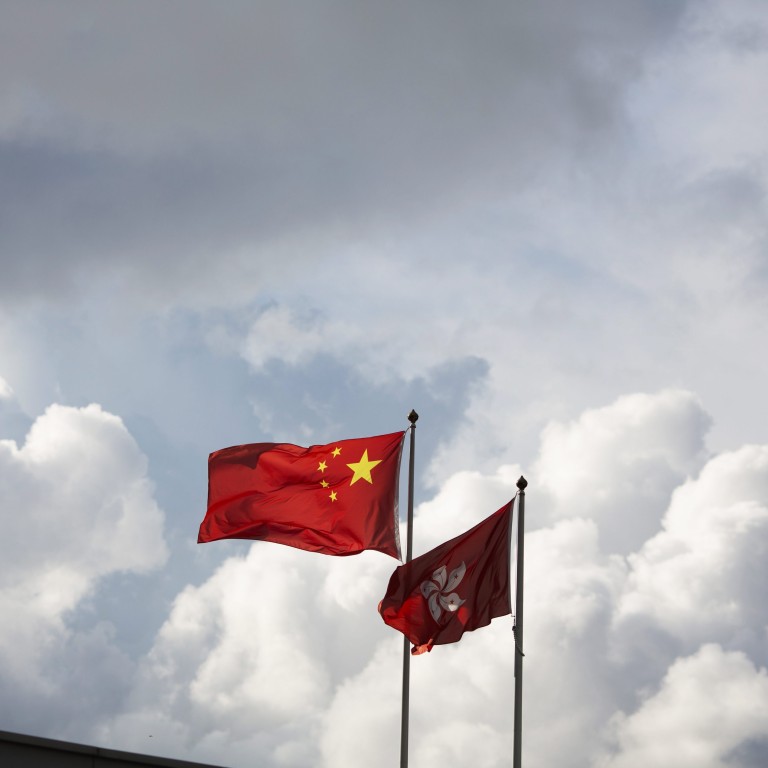
Democrats still have room to manoeuvre within nominating committee for 2017 election
Sonny Lo spells out what supporters of democracy can still do - within the limits set by Beijing - to ensure Hong Kong has at least one moderate pan-democrat contesting the 2017 chief executive election
The emotional polarisation between the pan-democratic and pro-Beijing camps over Beijing's decision on political reform for Hong Kong totally ignores the political space available for democrats.
Moderate pro-democracy candidates still have a good chance of getting through the first phase and being considered by the 1,200-member nominating committee. There's also the possibility that, under certain circumstances, a moderate candidate could be put forward by the committee for direct election in 2017.
So, how can such a possibility be enhanced? First and foremost, critics of the National People's Congress Standing Committee decision ignore the fact that the 50 per cent threshold is only a requirement for nomination for the election, not a requirement to be considered by the committee. So, if the entry threshold can be set low enough, say, one-eighth of committee members, that would probably be enough to ensure at least one moderate democrat's name was put forward.
To take the 2012 chief executive election as a reference point, Albert Ho Chun-yan made it through to become one of the final three, together with pro-establishment candidates Henry Tang Ying-yen and Leung Chun-ying.
Second, critics have also turned a blind eye to the fact that elections are based on the assumption of uncertainty, not certainty. If uncertainty characterises the chief executive election, how can we guarantee that the final two to three candidates, who are very likely pro-establishment, would not shift their stance to gain support from pro-democracy voters in the direct election?
In the 2012 election, Leung won partly because of the scandals involving Tang and partly because Tang tried to seek the support of some pro-democracy Election Committee members. As a result, the pro-Beijing elite, concerned about Tang's tactical shift, consolidated their support for Leung through Beijing's hidden mobilisation of some Election Committee members.
In the West, elections are characterised by their uncertain outcomes. Here in Hong Kong, as long as voters remain free to cast their ballots as they wish, and the result is not manipulated by political forces, there's no saying what any pro-establishment candidate put forward by the nominating committee may do to win the election. In that respect, Beijing's decision is by no means the end for pan-democrats.
Third, at least one moderate pan-democrat would have a good chance of getting nominated if the committee members were to vote for a slate of candidates rather than individual candidates, as was proposed by 13 moderate pro-establishment scholars last month.
The scholars suggested a "list system" to group candidates of various political persuasions. This would ensure no candidates are screened out individually. All names on the list would appear on the public ballot once the group was approved by half the nominating committee members. If a proposed list fails to win the required votes, members would have to produce another list of candidates.
The internal bargaining that would ensue could help the pan-democrats get a moderate candidate - one who's acceptable to the pro-establishment members of the committee - onto the slate. In this way, a moderate democrat could become a candidate - and the 50 per cent threshold stipulated by the Standing Committee decision is adhered to.
If politics is about compromise, rather than a zero-sum game, pan-democrats should see this as a serious possibility to shape the election method in the nominating committee.
Fourth, the pan-democrats should also look at the bigger picture and see 2017 not just as an election for Hong Kong but, instead, as the first direct election for a city leader in the whole of China. From the perspective of facilitating democratisation in China, the Hong Kong model for the chief executive election, regardless of how constrained it may seem in the eyes of some democrats, would actually serve as a demonstration for the whole of the People's Republic.
If some democrats are keen for the Hong Kong model to have a real impact on mainland China in the long run, they should arguably accept the diluted model for 2017, and fight for a better system in the long run. If they don't, the chance of Hong Kong influencing mainland politics would be very slim.
Finally, voting down the chance for direct election of the chief executive in 2017 would only mean a return to the same political discourse and debate many years later. Hong Kong would continue to be haunted by endless political squabbles over constitutional reform, possibly affecting the city's international ratings and its economic outlook in the long run.

